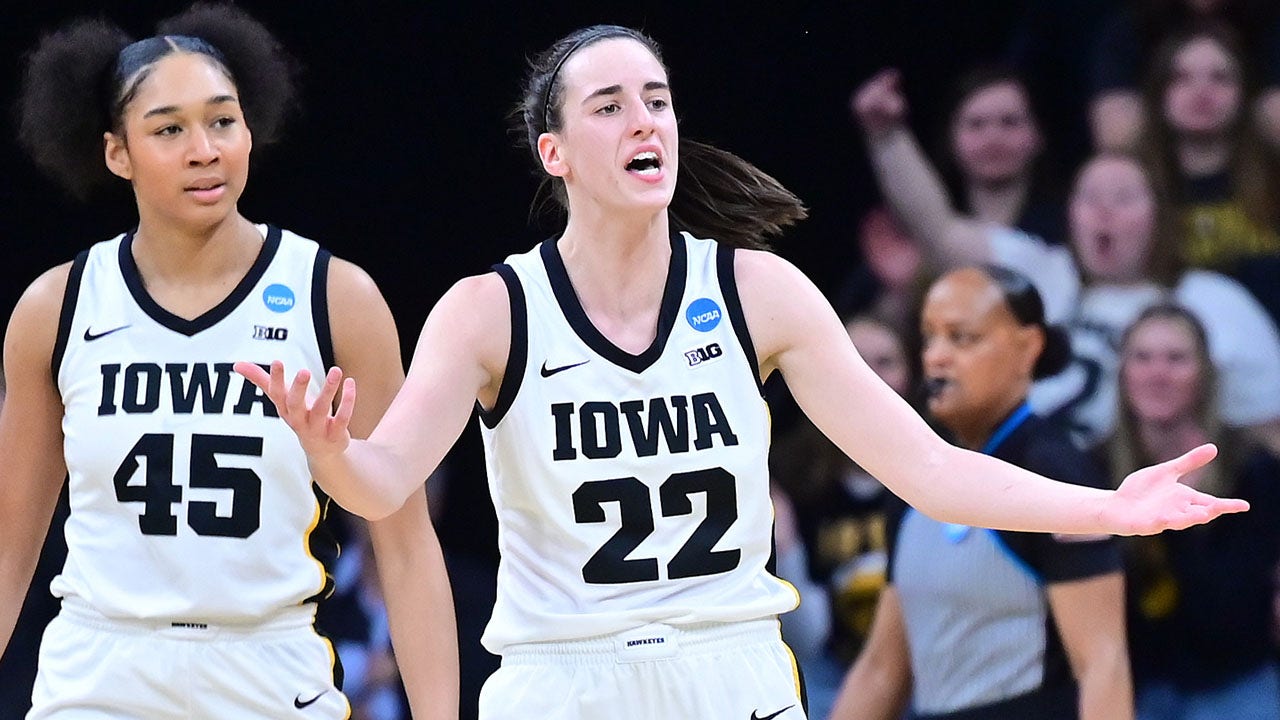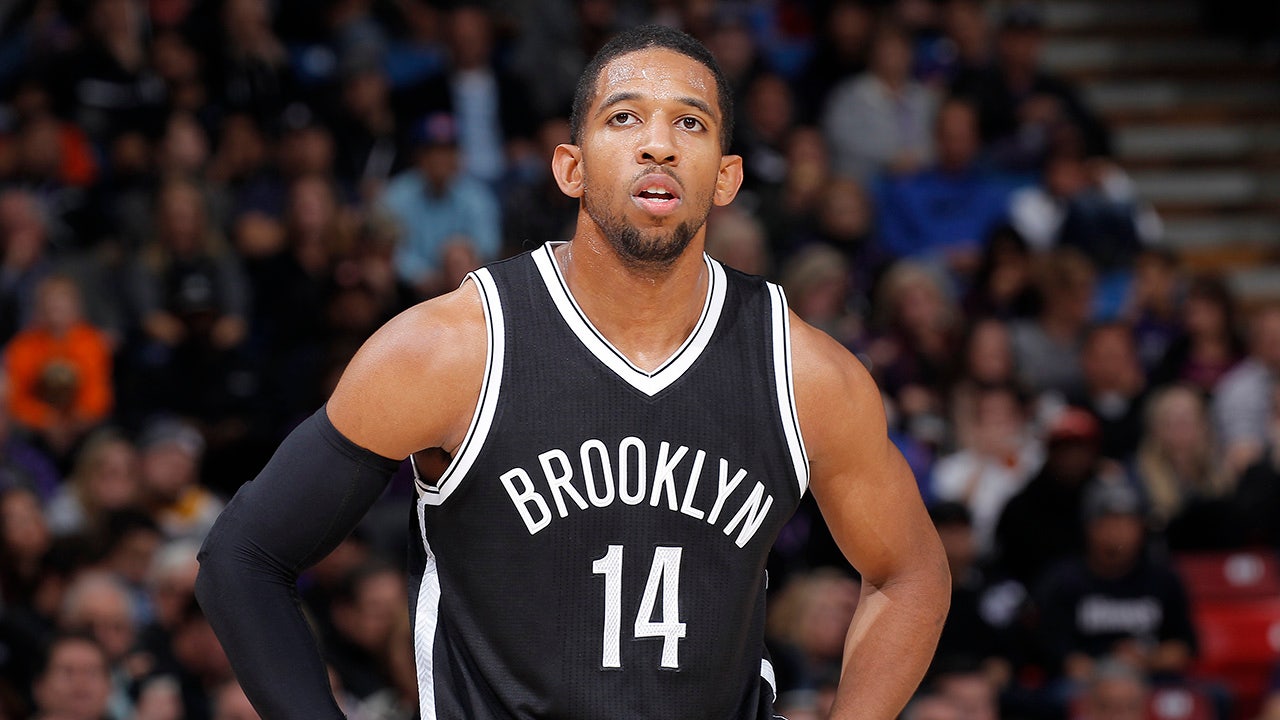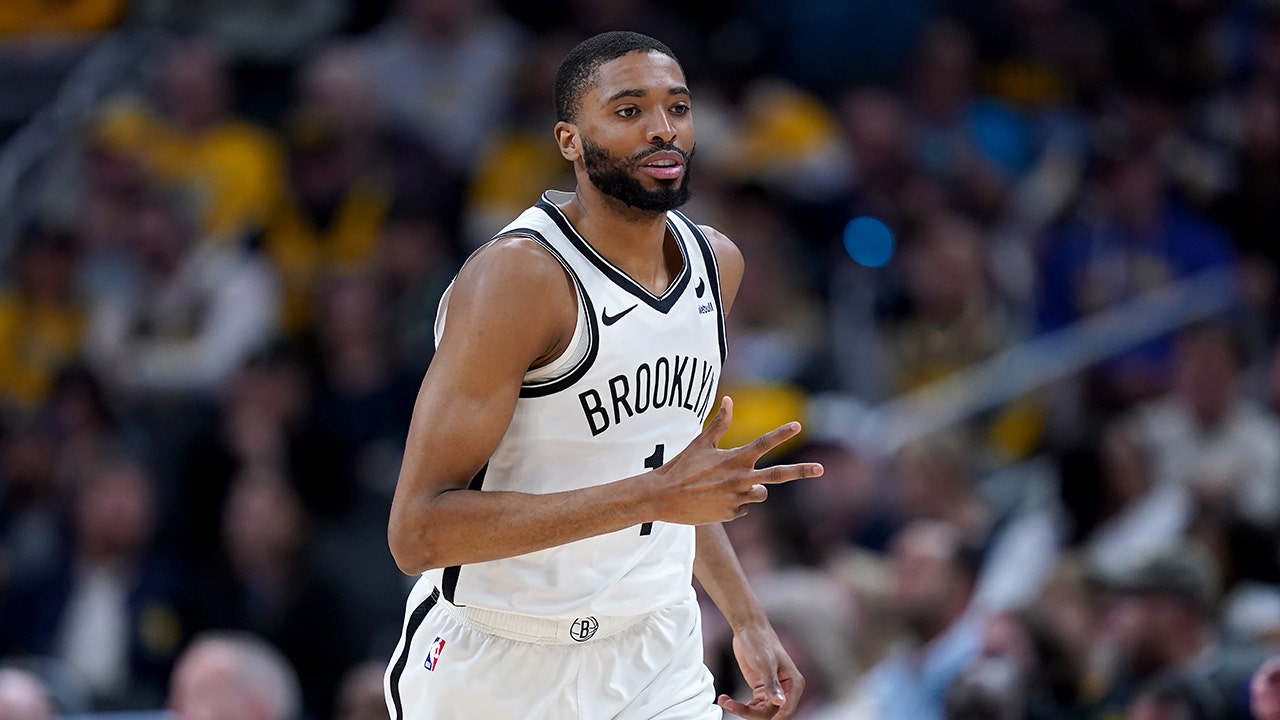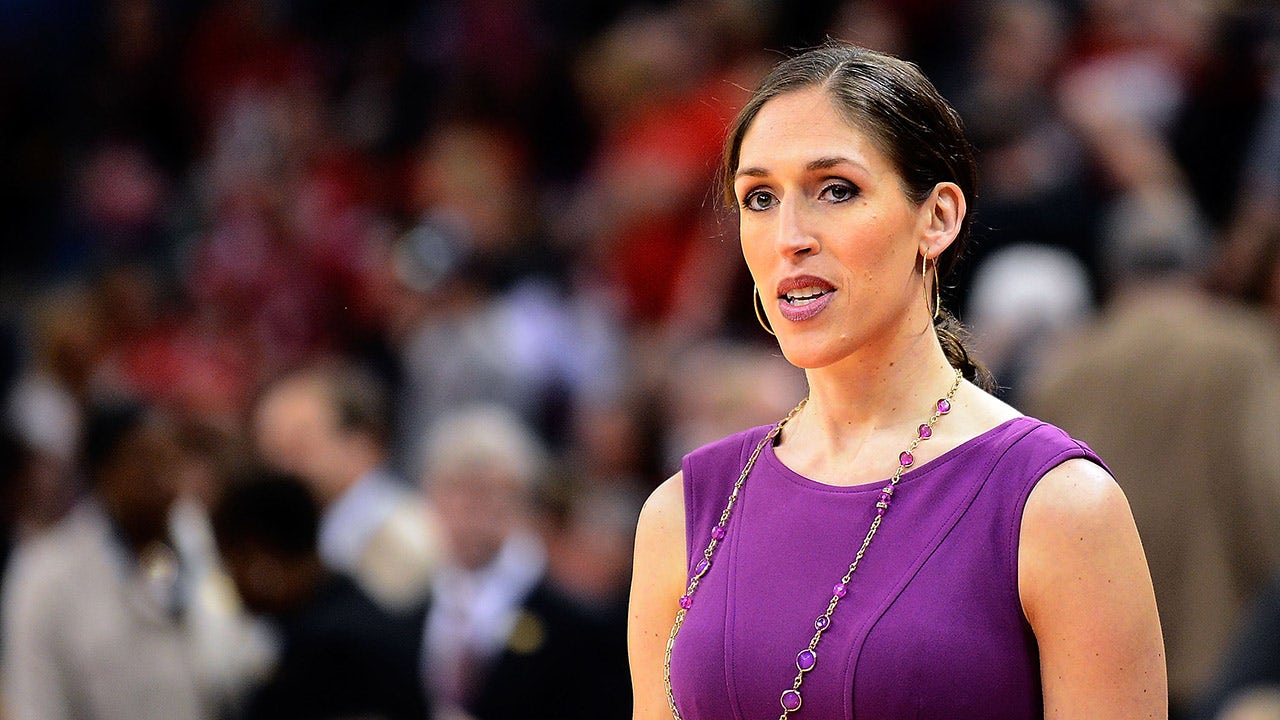The draw for the revamped Champions League league phase is — after what seemed like a never-ending ceremony — complete.
As expected, the new format ensured a smattering of mouthwatering games, as well as a few less mouthwatering ones, ahead of the start of the competition proper next month.
You can read an explainer on the new format here. But this is what our experts made of the draw itself…
What was your draw highlight — or lowlight?
Oli Kay: I liked the video explaining the format — even though it was a dig at people like me who have criticised it. My concern is that they seem to have given more thought to the video than to the format itself. It was like watching a surprisingly well conceived party political broadcast from a party whose policies you can’t stand.
Carl Anka: Zlatan Ibrahimovic’s acting. Saying the new format is going to be a “Super Le–” lonely to be hushed by UEFA president Aleksander Ceferin. “I’ve told you it’s not going to happen.”
Pol Ballus: Seeing club representatives taking a picture when their draw was completed as it was almost impossible to absorb all the teams they had been assigned to play against. They were not alone, we all struggled a bit.
Seb Stafford-Bloor: I quite liked the fixture-generation dynamic — that bit was fine. The trouble is, the comedic self-importance with which these draws are staged is something that I will never be able to get beyond. It was 37 minutes until a team was drawn! 37!
Thom Harris: Also Zlatan’s acting.

Cristiano Ronaldo with UEFA president Aleksander Ceferin (Valery Hache/AFP via Getty Images)
Are you a fan of this new format?
Kay: No, I hate it. It’s cumbersome and convoluted. At a time of growing concern about fixture congestion, there are going to be 144 matches to whittle down 36 teams to 24 when most of us could probably safely predict at least nine of the 12 teams that will drop out. More matches, less jeopardy. Just what football doesn’t need.
The problem with the Champions League has been growing financial inequality across Europe, not the competition format. They’re ditching a perfectly good format purely to make Europe’s richest clubs richer. It’s the worst of both worlds.
Anka: Ilkay Gundogan said it best after the attempted Super League collapsed.
With all the Super League stuff going on… can we please also speak about the new Champions League format? More and more and more games, is no one thinking about us players?
The new UCL format is just the lesser of the two evils in comparison to the Super League…— Ilkay Gündogan (@IlkayGuendogan) April 22, 2021
The new Champions League format exists because it should make more money for interested parties who want to maximise their earnings. It does little to address the growing wealth disparity that separates the old-money superpowers and clubs on the rise, and furthers the notion that the best place to watch the competition is sat at home, rather than in the stadium.
I’m sure it’ll be exciting after a few games but when you need this many explanation videos and articles to explain how the thing actually works, it begs the question as to whether you need to build it that way. More doesn’t always mean better.
Ballus: In general, I’m not. It’s messy, a league format without all teams playing each other doesn’t enthuse me, adding more games to the current fixture list won’t have any good impact on the players and losing the aura of the group stage is not great news either.
Stafford-Bloor: I am trying to be open-minded. It’s very much the Las Vegas residency era of the Champions League in its intent, with teams being pushed out on stage as often as possible, but at least it’s not the double group stage of 2002-03. Until we see the format operate for real, it is difficult to escape the motivations for this latest contortion — and to wonder what the next bright idea will be.
Harris: I’ll try to be positive too — at least we will see a wide variety of games. I’ll be interested to see how Aston Villa, Bayer Leverkusen and Girona fare against a bigger selection of Europe’s elite. How invested everyone will be in late January, when teams will still be squabbling for positions in the knockout stages – with some even needing a two-legged knockout round play-off after that – remains to be seen.
Which games are you most looking forward to watching?
Kay: Aston Villa v Bayern Munich
A repeat of the 1982 European Cup final which I vividly recall watching on my seventh birthday. Villa are one of those big clubs most of the modern elite were determined to leave behind when they tried to set up a “Super League” three years ago. Their presence in this season’s competition is a reminder not just of Unai Emery’s excellence but of how appalling those closed-shop proposals were. Villa v Celtic, the Stylian Petrov derby, is another one to savour.
Anka: Bayer Leverkusen v Inter Milan
Two managers quickly making a name for themselves on the cutting edge of European football, but both going about the job in different ways. I’m a sucker for any match-up that pits wing-back against wing-back. This should be a thriller.
Ballus: PSG vs Manchester City
A match-up between Luis Enrique and Pep Guardiola should not be missed. I am also quite intrigued by the Kylian Mbappe-less PSG, who have started the season impressively. I have the feeling they have a much bigger collective mentality that Luis Enrique will appreciate.
Stafford-Bloor: Bayern Munich vs PSG
Fascinating. Bayern are obviously a work in progress at the beginning of this new era, with Vincent Kompany coaching under the Champions League and needing to find an urgent solution to that team’s defensive issues. And PSG are always fascinating, almost perversely so. Mbappe has gone, so has that team’s gaudy aura, and so they will travel to Allianz Arena with a relatively young team that will need to earn its swagger.
Harris: Arsenal vs PSG
Another shout for Enrique’s Paris Saint Germain. Their new-look squad is ridiculously young, with some real superstars like Bradley Barcola (21), Joao Neves (19) and Warren Zaire-Emery (18) at the heart of the rebuild. They’ve already made a storming start to the new season, and a trip to Arsenal is just another mouthwatering clash from their extremely difficult draw.

Which of the traditional elite is most at risk of not making it to the last 16?
Kay: I wouldn’t call them part of the traditional elite, but, as a modern Champions League heavyweight (light heavyweight perhaps) and a top seed, Paris Saint-Germain might have hoped for a gentler draw than to face Manchester City, Bayern Munich, Atletico Madrid and Arsenal, among others.
Anka: The new format should protect against the sort of implosion and early elimination that Manchester United made in 2023-24. It’s up-and-comers Girona, Bologna and Stuttgart – who have had some of their best assets taken away in the summer – that should be most concerned. That said, AC Milan haven’t started the season well. Manager Paulo Fonseca feels like an odd fit for a squad with oscillating quality and there are some tough away matches in their set.
Ballus: PSG have one of the toughest draws. Playing City, Bayern, Arsenal and Atletico surely wasn’t what Luis Enrique wanted. Out of Pot 1, I see RB Leipzig as the team with the biggest struggle to go through.
Stafford-Bloor: It’s based on very little with the season being so young, but nothing about Hansi Flick’s Barcelona convinces me yet — and the Marc Bernal injury is just devastating. They have good players, a couple of exceptional ones, but they are not a powerful side. Perhaps this is a bias formed by his time with Germany and the many, many issues that occurred between 2021 and 2023, but I’m increasingly convinced that Flick’s success with Bayern Munich was a rare moment in time and a product of circumstance.

Are Barcelona really convincing? (Denis Doyle/Getty Images)
Harris: I think most of the Pot 1 sides should be fine given the new format, but Liverpool have probably been handed the toughest draw. Each game looks like it will be competitive, and a slip-up or two in tricky ties away to PSV Eindhoven and RB Leipzig for example could make things interesting. Xabi Alonso’s Bayer Leverkusen is a nightmare Pot 2 draw, too.
Which player could break through to become a major star in this group stage?
Kay: There’s a very Villa-heavy flavour to my answers, but I can’t get enough of Morgan Rogers at the moment. He looks like a player who loves the big stage and loves testing himself at the highest level.
Anka: The idea of Rogers and Jacob Ramsey running at defenders under the lights at Villa Park excites me. Aston Villa’s campaign will be fascinating. Unai Emery knows his way about a defensive mid-block and has built a career off bloodying the noses of richer European teams that don’t do their homework.
Ballus: I would have mentioned 17-year-old Marc Bernal here, the latest La Masia breakout star who was having an excellent start of the season, but his awful ACL rupture last Tuesday will prevent us from seeing that. So keep an eye on Yaser Asprilla, Girona’s record transfer and the guy tipped to compensate for the loss of the eye-catching Savinho, who joined Manchester City this summer.
Stafford-Bloor: I’ll take Enzo Millot, Stuttgart’s attacking No 8. He’s a component player, really, all about good timing and being in the right position at the right time, but he has developed rapidly over the past 18 months, benefiting from being at the centre of a side playing in quick, neat patterns. This should be the season that sees his reputation outside Germany catch up to where it is within the Bundesliga.

Enzo Millot is one to watch at Stuttgart (Sascha Schuermann/AFP via Getty Images)
Harris: I’m really looking forward to seeing if Viktor Gyokeres can make the step up to the Champions League. Since joining Sporting, he’s scored 49 goals and assisted a further 18 in just over 50 full games in all competitions, and is a very difficult man to stop once he latches onto a ball in behind.
Which stadium in this year’s competition would you most like to watch a game at?
Kay: I was going to say Celtic Park, which is hard to beat on a European night. But this season it’s Villa Park, given how much it will mean to Villa’s fans to have occasions like this. As a student in Birmingham in the mid-1990s, I went to see Villa play Deportivo La Coruna and Inter Milan. They were great nights and there must have been times in the past decade when Villa’s fans thought they would never see anything like it again.

Villa Park welcomes back Europe’s elite this season (Naomi Baker/Getty Images)
Anka: It’s a darn shame that Thiago Motta and others jumped ship from Bologna this summer, but the Stadio Renato Dall’Ara is a beautiful architectural work to visit, and the setting for one of David Platt’s greatest goals.
Ballus: I have to go with Villa Park here. I’ve experienced how this ground feels in a proper Premier League fixture, and I can’t imagine what a Champions League return will mean to the club. They’ve proved over the last year how they can make elite teams such as Manchester City or Arsenal look ordinary. Their fans won’t fear anyone.
Stafford-Bloor: The renovation of Stuttgart’s Neckarstadion was completed for the European Championship and the result is as fierce an environment as will be found anywhere. The seating restrictions enforced by UEFA will dull some of its Bundesliga ferocity, but VfB making their first Champions League appearance since 2010 should ratchet the intensity back up. A cauldron of a ground.
Harris: It would have been refreshing to see Champions League football at the Stade Francis Le Ble, the cornerless, single-tiered home of Stade Brest. It’s a proper throwback ground, and the 15,000 inside usually make a racket. However, at over 100 years old, the stadium doesn’t meet UEFA’s requirements to host a game, and Brest will have to play their home matches halfway across Brittany in Guingamp. A real shame.
Away from there, I’m sure it will be pretty deafening in the Holte End as Aston Villa make their return to Europe’s premier competition after over 40 years away.
Rank your top eight in finishing order
Kay: Manchester City, Real Madrid, Bayern Munich, Atletico Madrid, Arsenal, Liverpool, Inter Milan, Aston Villa.
Anka: Manchester City, Bayern Munich, Real Madrid, Arsenal, Paris Saint-Germain, Liverpool, Inter Milan, Leverkusen.
Ballus: Manchester City, Real Madrid, Liverpool, Arsenal, Paris Saint-Germain, Bayern Munich, Barcelona, Inter.
Stafford-Bloor: Manchester City, Real Madrid, Arsenal, Paris Saint-Germain, Bayern Munich, Bayer Leverkusen, Atletico Madrid, Inter.
Harris: Manchester City, Real Madrid, Bayern Munich, Arsenal, Paris Saint-Germain, Bayer Leverkusen, Barcelona, Juventus.
What are the key dates?
Matchday 1: Sep 17-19
Matchday 2: Oct 1-2
Matchday 3: Oct 22-23
Matchday 4: Nov 5-6
Matchday 5: Nov 26-27
Matchday 6: Dec 10-11
Matchday 7: Jan 21-22
Matchday 8: Jan 29
Knockout round play-offs: Feb 11-12 and 18-19
Round of 16: March 4-5 and 11-12
Quarter-finals: April 8-9 and 15-16
Semi-finals: April 29-30 and May 6-7
Final: May 31
(Top photo: Valery Hache/AFP via Getty Images)






